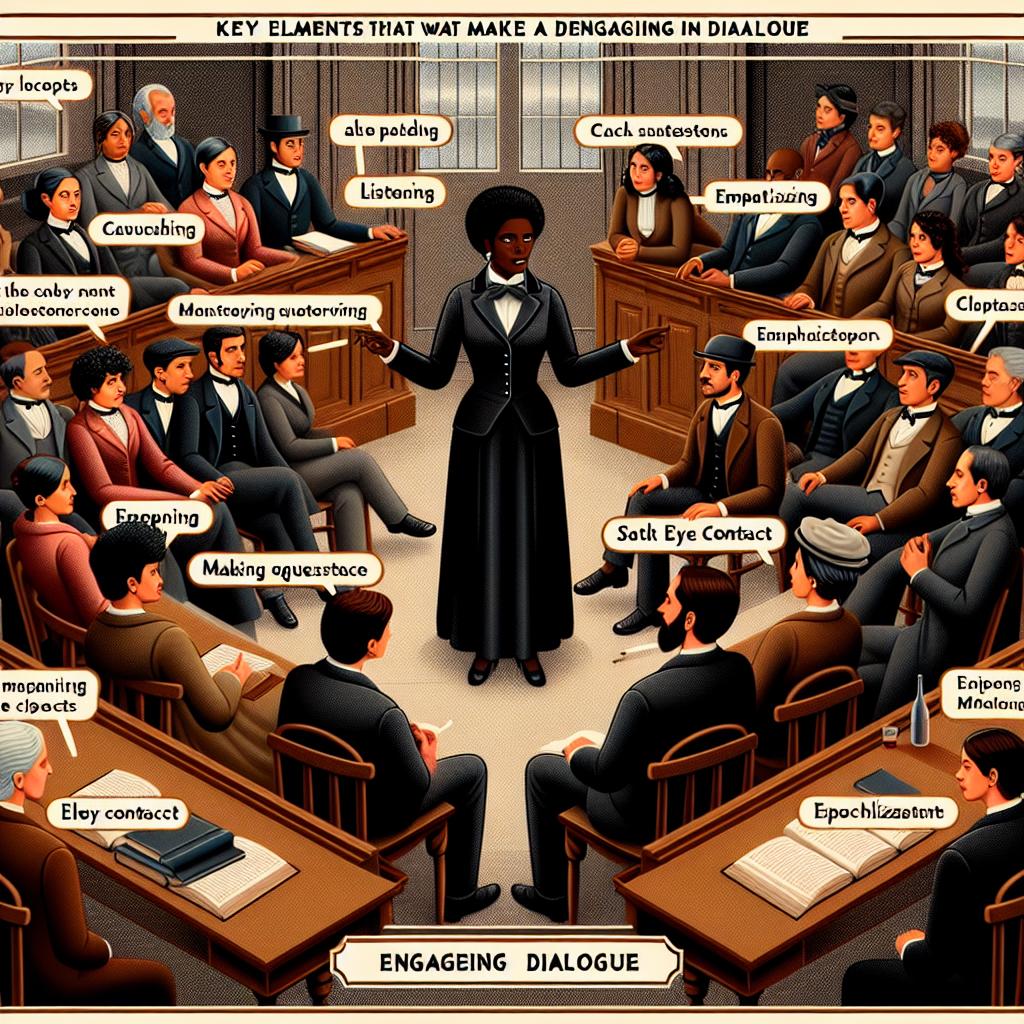Unlocking the Power of Words: A Friendly Guide to Chatbot Copywriting
In a world where digital interactions are becoming increasingly common, the importance of engaging, conversational content cannot be overstated. Enter the fascinating realm of chatbot copywriting—a unique blend of creativity and technology that transforms words into engaging conversations. Imagine a friendly bot, ready at any moment to converse with users, answer their questions, and even spark joy with a well-timed quip or a clever pun. But how do we craft these delightful dialogues? That’s where the art of chatbot copywriting comes into play.
Join us as we embark on a journey through the essentials of creating captivating conversational content that not only informs but also resonates with users on a personal level. Whether you’re a seasoned writer looking to explore new horizons or a curious newcomer eager to learn the ropes, this friendly guide will equip you with the tools to make chatbots not just functional, but downright charming. Let’s dive into the world of words that work wonders and create connections in the digital age!
Understanding the Art of Conversational Tone in Chatbot Copy
Creating a conversational tone in chatbot copy is about establishing a meaningful connection that feels personal and engaging. To achieve this, it’s essential to focus on language that resonates with users by using simple words, friendly phrases, and a touch of humor when appropriate. By emulating the natural flow of human conversation, chatbots can foster a sense of ease and comfort, encouraging users to interact more freely. Here are some key elements to incorporate:
- Personalization: Use the user’s name and tailor responses to their preferences.
- Active Listening: Reflect back what users say to show understanding and empathy.
- Conversational Sentence Structure: Keep sentences short and avoid overly formal language.
Additionally, consider using emoji or lighthearted language to inject personality into the chatbot’s responses. This approach not only humanizes the interaction but also makes it more enjoyable for users. To optimize responses, utilizing a structured format can be beneficial in maintaining clarity. Below is a simple table highlighting types of tone and their effect:
| Tone Type | Effect on User |
|---|---|
| Friendly | Encourages openness and engagement |
| Informal | Makes the conversation feel relatable |
| Supportive | Builds trust and reliability |

Key Elements of Engaging Dialogue that Captivate Users
Creating dialogue that draws users in is a fine balance of art and science. To achieve this, it’s crucial to prioritize clarity and ensure the conversation flows naturally. Users are more likely to engage when they feel understood and valued. A few key tactics to consider include:
- Personalization: Tailor responses to make the user feel like they are having a one-on-one conversation.
- Empathy: Acknowledge the user’s feelings and concerns, allowing them to feel heard.
- Humor: Infuse light-heartedness, as a touch of humor can transform a mundane exchange into an enjoyable interaction.
Furthermore, effective dialogue should reflect the brand’s voice while adapting to the context of the situation. Using concise, engaging language is vital, as lengthy texts can lose the user’s attention. Consider incorporating elements such as:
- Interactive questions: Pose questions that invite users to share, creating a back-and-forth dynamic.
- Clear calls-to-action: Guide users on their next steps in an intuitive way, keeping the flow of conversation seamless.
- Visual aids: Embrace images or emojis to break up text and add a visual connection, enhancing the overall experience.
| Element | Impact |
|---|---|
| Personalization | Increases user attachment and loyalty |
| Empathy | Builds trust and rapport |
| Humor | Makes the conversation memorable |

Tailoring Responses: Personalization Strategies for Higher Engagement
Successful chatbot interactions hinge on the ability to tailor responses to individual users, creating a more engaging and personalized experience. By understanding user preferences, previous interactions, and contextual cues, chatbots can craft responses that resonate deeply with the conversational partner. Here are some effective personalization strategies:
- User Profiles: Implementing user profiles allows chatbots to remember preferences, past purchases, and interactions, fostering a sense of familiarity.
- Dynamic Messaging: Adjusting the tone and formality based on the user’s profile can significantly enhance engagement, making conversations feel more natural and relatable.
- Contextual Awareness: Utilizing real-time data, such as location or current trends, helps tailor interactions to be relevant and timely.
To measure the effectiveness of these strategies, it’s crucial to track user engagement and satisfaction. By analyzing interaction data, chatbots can continually refine their responses. Consider implementing a feedback loop where users can rate their experience, offering insights that can be translated into actionable improvements. The table below illustrates key metrics one might analyze for better personalization:
| Metric | Purpose |
|---|---|
| User Retention Rate | Measures how many users return for multiple interactions. |
| Satisfaction Scores | Gauges user contentment after each interaction. |
| Response Accuracy | Assesses how well chatbots meet user queries. |

Avoiding Common Pitfalls: Enhancing Clarity and Functionality
When crafting conversational content for chatbots, it’s essential to ensure that your messages are not only engaging but also clear. Ambiguity can lead to frustration for users, often resulting in a breakdown of communication. Here are some key strategies to enhance clarity:
- Use Simple Language: Avoid jargon and complicated terms that may confuse the user.
- Be Direct: Get straight to the point—users appreciate quick and relevant responses.
- Add Context: Provide context to each response to help users understand the flow of the conversation.
- Incorporate Visuals: Use images or icons when appropriate to support the text and enhance understanding.
While clarity is crucial, it’s equally important to maintain functionality in your chatbot conversations. A well-functioning chatbot should not only understand user inquiries but also respond appropriately. Consider the following essential elements for maintaining functionality:
- Error Handling: Implement clear error messages that guide users back on track.
- User Guidance: Include prompts that help users navigate through the bot, ensuring they know what to do next.
- Feedback Mechanisms: Provide users with ways to give feedback about their experience, which can help improve the bot over time.
- Consistent Tone: Maintain a friendly and consistent tone that matches your brand, making interactions feel natural.
In Summary
As we wrap up our journey into the world of chatbot copywriting, it’s clear that crafting compelling conversational content is both an art and a science. Just like a delightful chat over coffee, the best interactions are engaging, informative, and a little sprinkle of personality goes a long way. Whether you’re a seasoned copywriter looking to hone your skills or a curious newbie eager to dip your toes into this exciting realm, remember that the key lies in forging authentic connections with your audience, one word at a time.
So, the next time you sit down to design a chatbot experience, think of it as creating a friendly dialogue rather than a monologue. Embrace the quirks, anticipate the questions, and don’t shy away from showcasing your unique voice. Your users are waiting to be charmed, informed, and entertained by the magic of well-crafted conversations!
Happy writing, and may your chatbots sparkle with the wit and warmth that keep users coming back for more! 🌟

